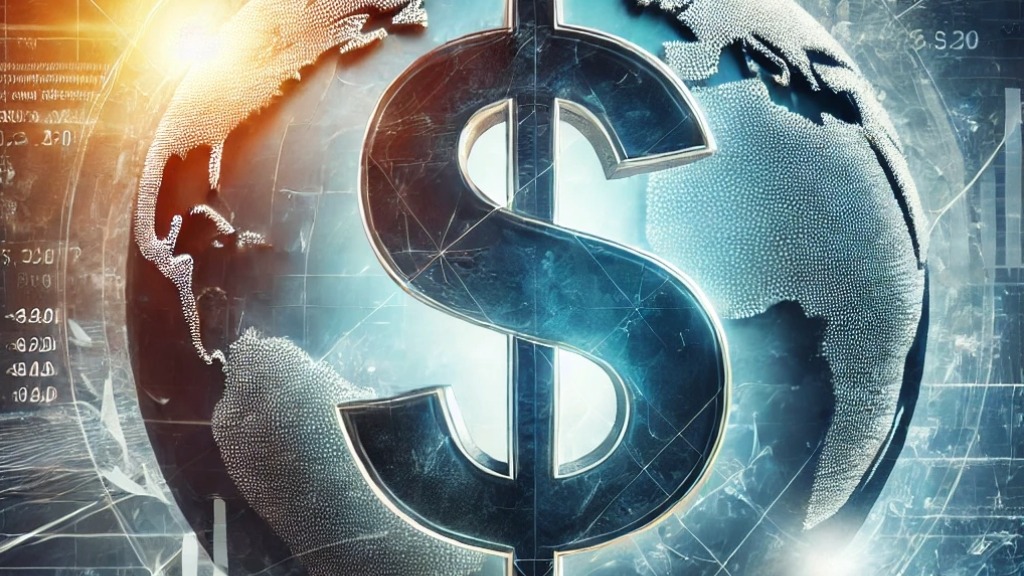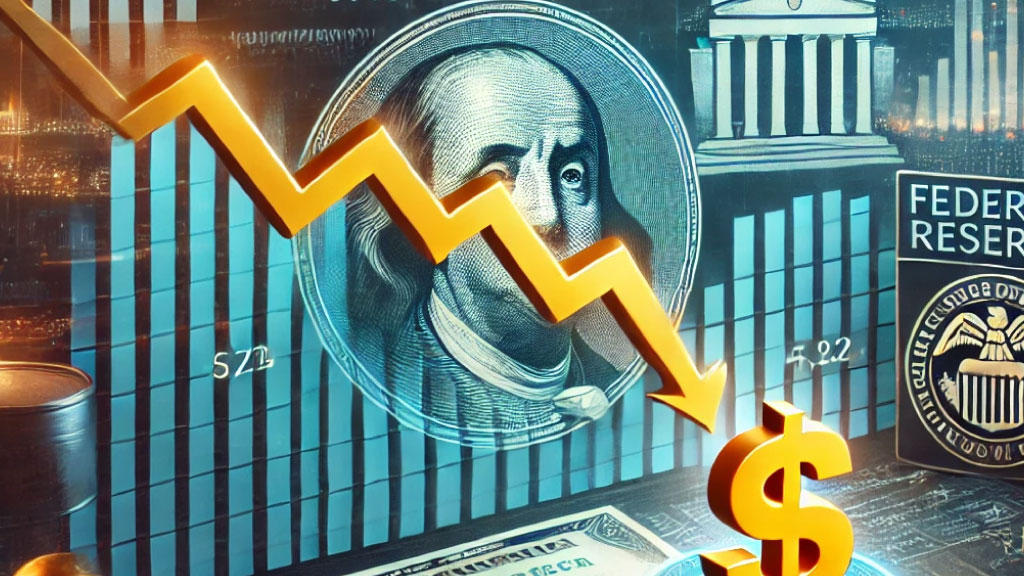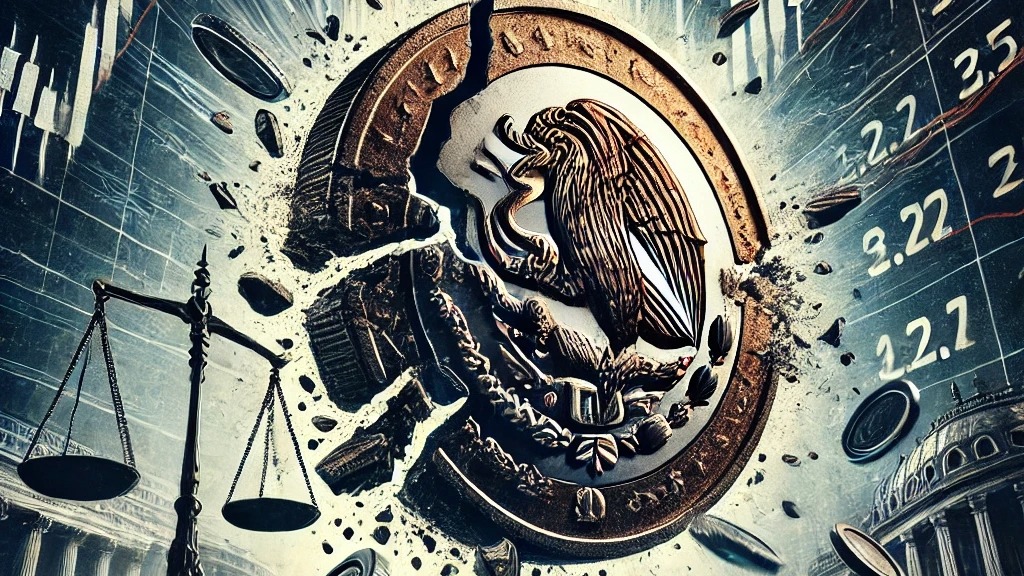How the U.S. is challenging the world to find an alternative to the dollar

The United States is gleefully eroding the pillars that support the dollar as the world's reserve currency, with the latest blows coming from some powerful Americans questioning the rule of law in the wake of Donald Trump's conviction.
In doing so, it is effectively challenging the rest of the world to find an alternative, and so far, it appears to be winning.
The attacks on the legal system following the conviction of former President Trump follow other moves that some see as the U.S. throwing down the gauntlet to the rest of the world.
The country has radically increased its use of sanctions as a punitive foreign policy tool. And it is adding an immense amount of debt, leaving stranded foreigners seeking the safety and depth of its markets to finance their excesses.
Over the past three weeks, I have been asking financial services executives, global investors and other experts in Asia and the United States how long they believe Americans can go on like this without significant repercussions. Several of the sources requested anonymity to speak candidly about the situation.
These conversations showed that consternation is growing, both at home and abroad, about the consequences of U.S. arrogance. But despite attempts, no one so far has been able to find a credible alternative or expects one to emerge soon, and they have themselves partly to blame.
In Asia, for example, people are asking with increasing urgency what their 'America plus 1' is, as they look for ways to reduce their exposure to the US and increase non-dollar-denominated trade flows.
But attempts to build such systems are moving slowly or have not gained traction. And rising authoritarianism, threats to individual and property rights, and geopolitical tensions have meant that even if U.S. assets are less attractive than before, other options are worse.
A recent survey, for example, shows that central bank reserve managers plan to increase their dollar holdings over the next 12-24 months as rising global geopolitical tensions and the need for liquidity attract them to the currency.
"Ironically, the strength of the U.S. dollar is due, in part, to its nearly unparalleled safe-haven status," said Steve H. Hanke, professor of applied economics at Johns Hopkins University, who served on former President Ronald Reagan's Council of Economic Advisors. "That said, most investors don't understand the geopolitics and the dangers lurking beneath the surface until it's too late."
DOLLAR DOMINANCE
At its core, the dollar's dominant role in the world derives from America's democratic principles. It is underpinned by the massive size of its economy, the depth of its markets and the strength of its institutions and rule of law.
The belief in democracy runs deep. Last week, I asked U.S. Securities and Exchange Commission Chairman Gary Gensler, who has been in government since 1997, whether partisan politics had made the job of officials like him more difficult. A conservative-leaning U.S. appeals court had struck down one of his signature initiatives that morning.
"I believe in this constitutional system we have. It's messy," Gensler said. "It's democracy."
However, the turmoil is testing some of the fundamentals of the dollar's global appeal.
Attacks on the U.S. legal system have increased following the Trump verdict in a New York court. Florida Governor Ron DeSantis, for example, called it a "kangaroo court" on the social media platform X, saying that "the verdict represents the culmination of a legal process that has been bent to the political will of the actors involved."
A major Asia-based investor said potential threats to U.S. institutions were also worrisome. Any weakening of the Fed's authority, as Trump's allies are reportedly contemplating, would affect the credibility of the dollar, the investor said, adding that such a development could see a double-digit depreciation of the currency.
Trump's campaign for his Republican presidential bid has downplayed such reports about what conservative groups might be planning.
THICK WITH SANCTIONS
A senior New York-based financial services executive on a trip to Asia said he is hearing from clients who think U.S. and Western financial policy is "undermining the dollar and the Western financial system in general."
He pointed to an "expanding sanctions thicket" as one reason.
And the West is pushing beyond the limits. The financial executive said the discussion that the West could seize some $300 billion of Russian sovereign assets that were blocked by Ukraine undermined U.S. safe haven status. "The West crossed a Rubicon there," the executive said.
An October 2021 Treasury Department review of sanctions found that such designations had increased to 9,421 for that year from 912 in 2000. It noted at the time that "U.S. adversaries, and some allies, are already reducing" their use of the dollar.
An Asia-based investor said it was closely watching another court case to test the strength of the rule of law: ByteDance's challenge to a ban on TikTok in the U.S. It is awaiting evidence the U.S. government would present to support claims that the app poses a threat to national security.
If no evidence is offered publicly, then "I would feel that the checks and balances, the independence of the legal system, may not be there, at least in this case," said the investor.
But then he added that even that may not take him away from the United States. It is still more independent and better than many other places, he said.
Collaboration: Grupo Auge | Reuters (International).





